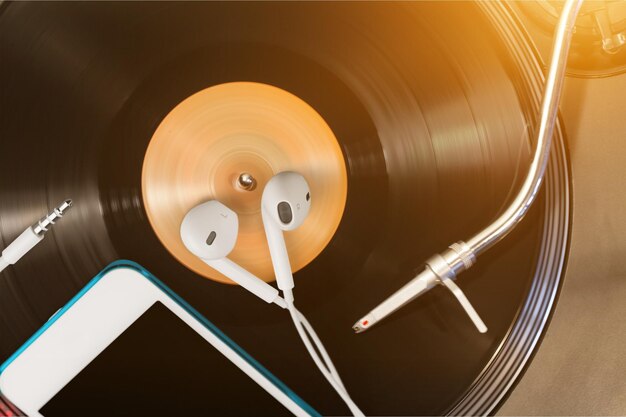Music has long been regarded as a universal language, transcending borders, cultures, and even time itself. It has the remarkable ability to convey emotion, inspire action, and unite individuals. Beyond its artistic and entertainment value, music holds a profound healing power, offering solace and comfort in times of turmoil. Whether through its rhythms, melodies, or lyrics, music can be a tool for mental, emotional, and even physical healing.
The Therapeutic Benefits of Music
Music therapy has emerged as an effective and widely recognized treatment for various conditions. From reducing anxiety to managing chronic pain, music’s impact on mental health is well-documented. Studies show that listening to or playing music can stimulate the release of dopamine, the “feel-good” neurotransmitter, improving mood and reducing feelings of stress. In hospitals, music therapy is used to help patients recover from surgery, cope with pain, and even improve their sleep patterns.
In addition to its physiological effects, music provides a safe space for emotional expression. In times of personal crisis, whether due to loss, trauma, or depression, music can act as a non-verbal outlet for emotions that may be too difficult to express otherwise. The right song can speak to the heart and provide a sense of understanding and connection, helping individuals navigate difficult moments.
Music as a Catalyst for Healing Communities
On a broader scale, music plays an essential role in healing communities. Throughout history, musical movements have united people to overcome social struggles, political oppression, and times of war. Whether through protest songs, anthems of unity, or music festivals that bring people together, music has often been at the forefront of collective healing.
During times of social unrest or political turmoil, music becomes a medium through which people voice their frustrations, hopes, and demands for change. In the aftermath of disaster, music helps to restore a sense of normalcy and community. For example, in the wake of tragic events such as natural disasters or terrorist attacks, people often come together to share in the collective healing power of music, offering support to one another and creating a sense of solidarity.
Healing Through Music: Personal Stories and Testimonies
Many individuals can attest to the personal healing power of music. From someone overcoming addiction to those dealing with the loss of a loved one, music can provide a sense of direction and comfort. People have shared stories of how they found strength in their favorite songs during dark times, how certain melodies helped them find peace, and how creating music gave them a sense of purpose.
One such testimony is from a cancer survivor who found solace in playing the piano during treatment. “Music gave me a way to focus on something positive during my toughest days,” they shared. “It became my escape, my way of reclaiming control over my life.” This sentiment is shared by many who use music as a tool for resilience in the face of adversity.
The Science Behind Music’s Healing Power
So why does music have such a profound effect on us? The science behind music’s healing power lies in its ability to engage multiple areas of the brain. When we listen to music, our brains process the sound through the auditory cortex, which then activates other regions responsible for emotions, memories, and motor skills. This broad engagement helps to explain why music can evoke such powerful emotional responses and provide relief in times of distress.
Research has also shown that music can lower cortisol levels, a hormone associated with stress, while increasing levels of oxytocin, which is linked to bonding and trust. The rhythmic patterns in music can also synchronize with our heart rate and breathing, creating a sense of calm and promoting relaxation.
Conclusion: The Everlasting Power of Music
In times of chaos, music provides a source of harmony, a reminder that even in the darkest moments, there is beauty and light to be found. Whether it’s through professional music therapy, a favorite song, or the collective experience of a community coming together through music, its healing power is undeniable. In our fast-paced, often chaotic world, music remains a constant, offering hope, comfort, and the strength to move forward.

